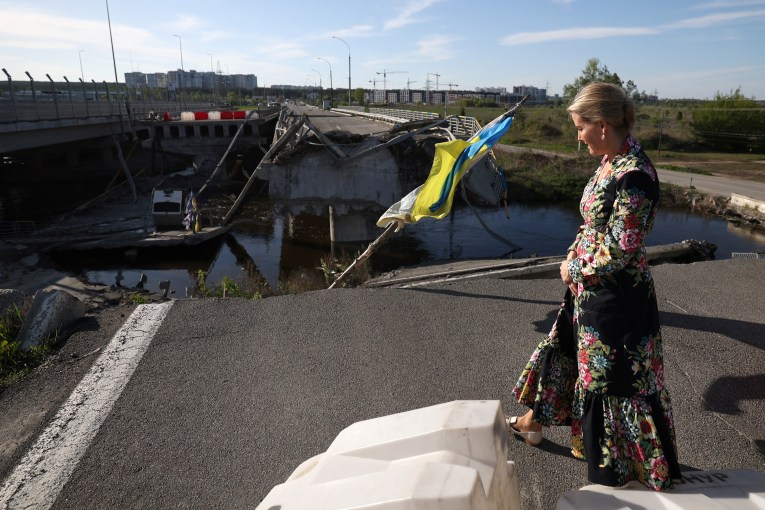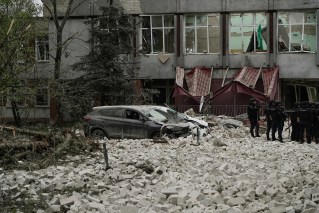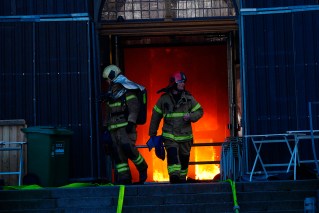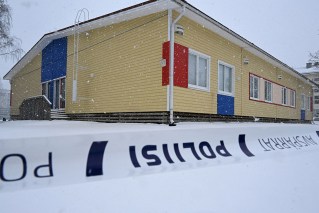Arctic power plant managers arrested after Russian diesel fuel spill catastrophe
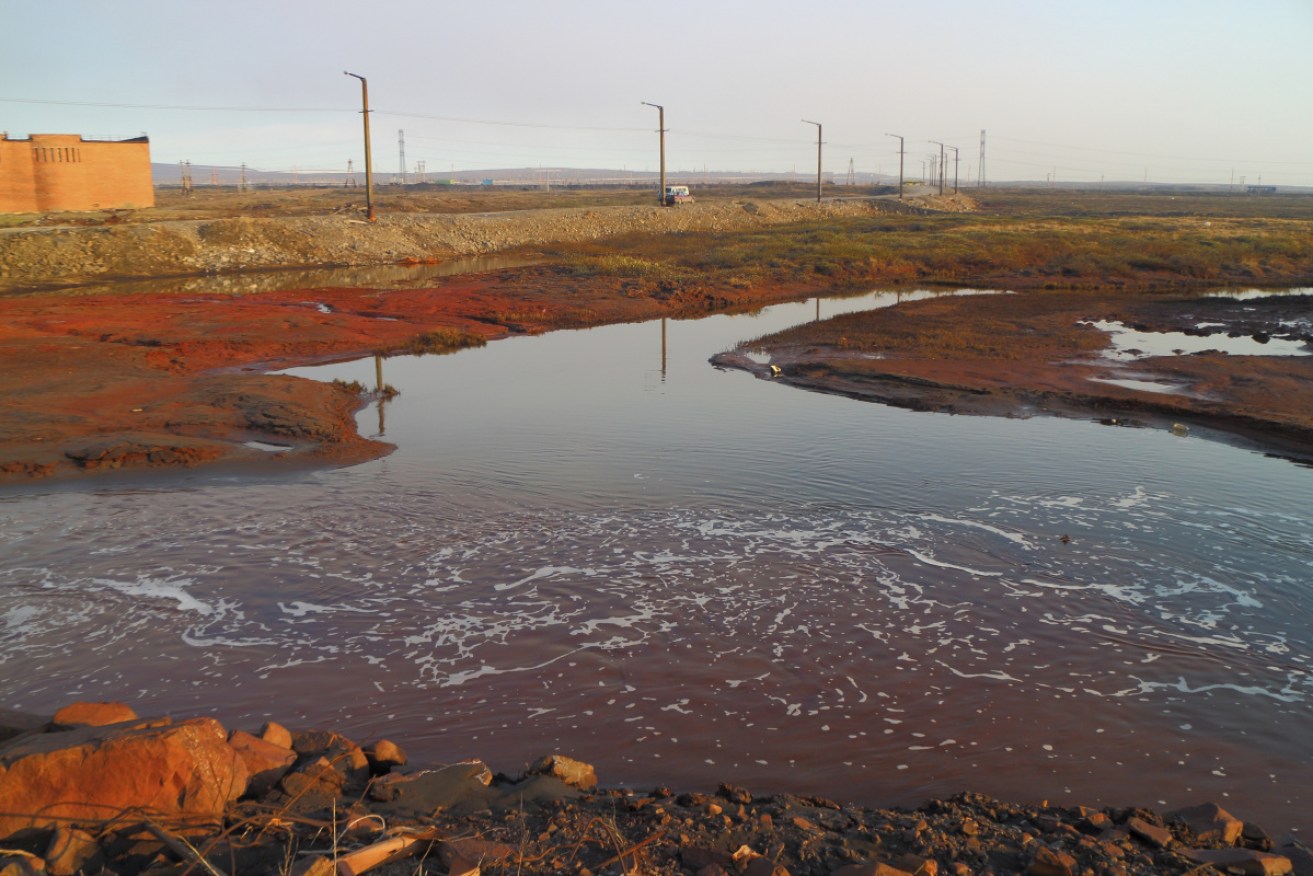
Russian authorities have charged three managers with violating environmental regulations that caused the diesel spill outside Norilsk. Photo: AP/Vasiliy Ryabinin
Russian authorities have detained three top managers of an Arctic power plant that leaked almost 20,000 tonnes of diesel fuel into the ecologically fragile region.
Plant director Pavel Smirnov, chief engineer Alexei Stepanov and his deputy Yuri Kuznetsov were detained on suspicion of violating environmental regulations, the spokeswoman of Russia’s Investigative Committee, Svetlana Petrenko, said on Wednesday.
Together with Vyacheslav Starostin, another manager at the plant arrested and charged earlier this month, they may face up to five years in prison.
The leak occurred when a storage tank collapsed on May 29.
https://twitter.com/greenpeaceru/status/1268498480848351233
A fuel tank at a power station in the city of Norilsk lost pressure in late May and leaked 21,000 tonnes of diesel into rivers and subsoil, an incident Greenpeace compared to the 1989 Exxon Valdez oil spill.
Authorities are trying to clean up and contain the fuel, which has reached Lake Pyasino, about 20 kilometres north of Norilsk.
“The fuel has got into Lake Pyasino,” Alexander Uss, governor of the Krasnoyarsk region, told state TV on Tuesday.
“Now it’s important to prevent it from getting into the Pyasina River, which flows north. That should be possible.”
A diesel fuel spill in Russia’s far north has released about half as much petroleum into the environment as the Exxon Valdez tanker accident in Alaska. The fuel is flowing toward the Arctic Ocean. https://t.co/pNFfzUQ7Dl
— The New York Times (@nytimes) June 10, 2020
Lake Pyasino, about 70 kilometres long, feeds into the Pyasina River, which flows into the Kara Sea in the Arctic Ocean.
Much of the spilled fuel fouled waterways in the Norilsk area and there is concern it could affect wildlife or make its way into the Arctic Ocean.
Some of it has seeped into a lake, connected by a river to the Kara Sea, part of the Arctic Ocean, but local authorities hope to contain it there.
Russian President Vladimir Putin labelled the incident a national emergency last week.
The power plant is operated by a division of Norilsk Nickel, whose giant plants in the area have made Norilsk, 2900 kilometres north-east of Moscow, one of the most heavily polluted cities in the world.
